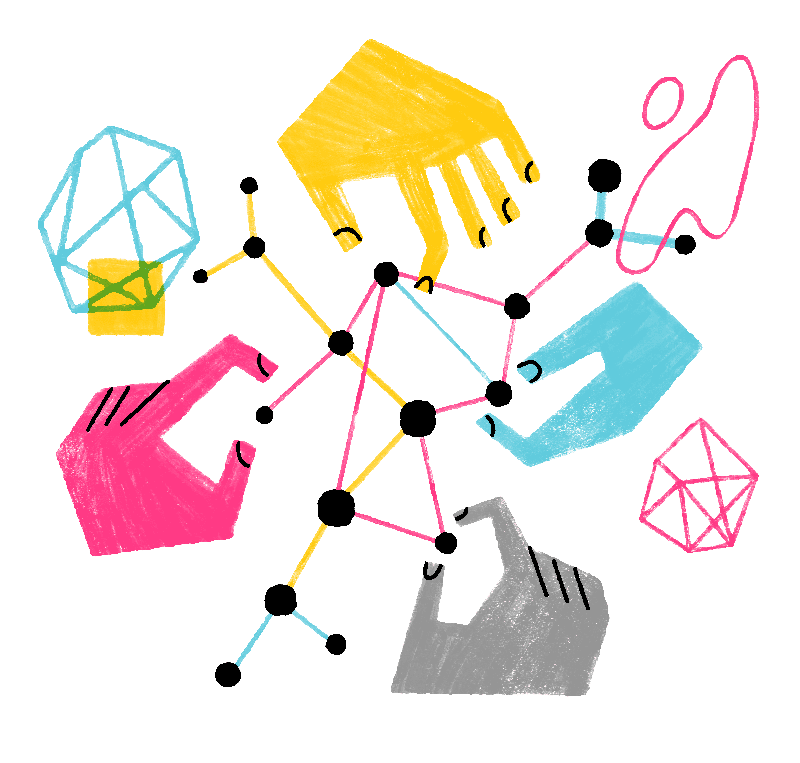 Emelitere ikpeazụ:
Emelitere ikpeazụ:
 71% of users voted this helpful
71% of users voted this helpful
This article will help you create strong, secure and easy to remember passwords, to keep your identity safe on the internet and to protect sensitive information.
Why choose a strong password for your Mozilla account?
Your Mozilla account keeps bookmarks and login information to sites you save, including bank accounts, webmail, social media, work, and school accounts.
If an attacker breaks into your Mozilla account, they will be able to access your private information by reading your history, bookmarks, passwords, and add-ons you have installed. An attacker can also install additional add-ons that will Sync to your computer.
What are the criteria for a strong password?
For a Mozilla account, we will make sure that your password meets the following criteria:
- It has at least eight characters.
- The password does not contain any part of your email address.
- Does not match the description of most common passwords.
Tips for a strong password
| Do | Don't |
|---|---|
| Do use different passwords everywhere. Password managers and many browsers can generate secure and unique passwords. | Don’t use variations of the same password for different accounts. |
| Do combine two or more unrelated words. Change letters to numbers or special characters. | Don’t use the word “password,” or any variation of it. “P@ssword!” is just as easy for hackers to guess. |
| Do make your passwords at least 8 characters long. Aim for 12-15 characters. | Don't use short, one-word passwords, like sunshine, monkey, or football. |
| Do intersperse numbers, symbols, and special characters throughout. | Don’t place special characters (@, !, 0, etc.) only at the beginning or the end. |
| Do include unusual words only you would know. It should seem nonsensical to other people. | Don’t include personal information like your birthdate, address, or family members’ names. |
| Do keep your passwords protected and safe, like encrypted in a password manager. | Don’t share your passwords. Don’t put them on a piece of paper stuck to your computer. |
| Do spread various numbers and characters throughout your password. | Don’t use common patterns like 111111, abc123, or 654321. |
| Do use an extra layer of security with two-factor authentication (2FA). | Don’t think a weaker password is safer because you have 2FA. |

